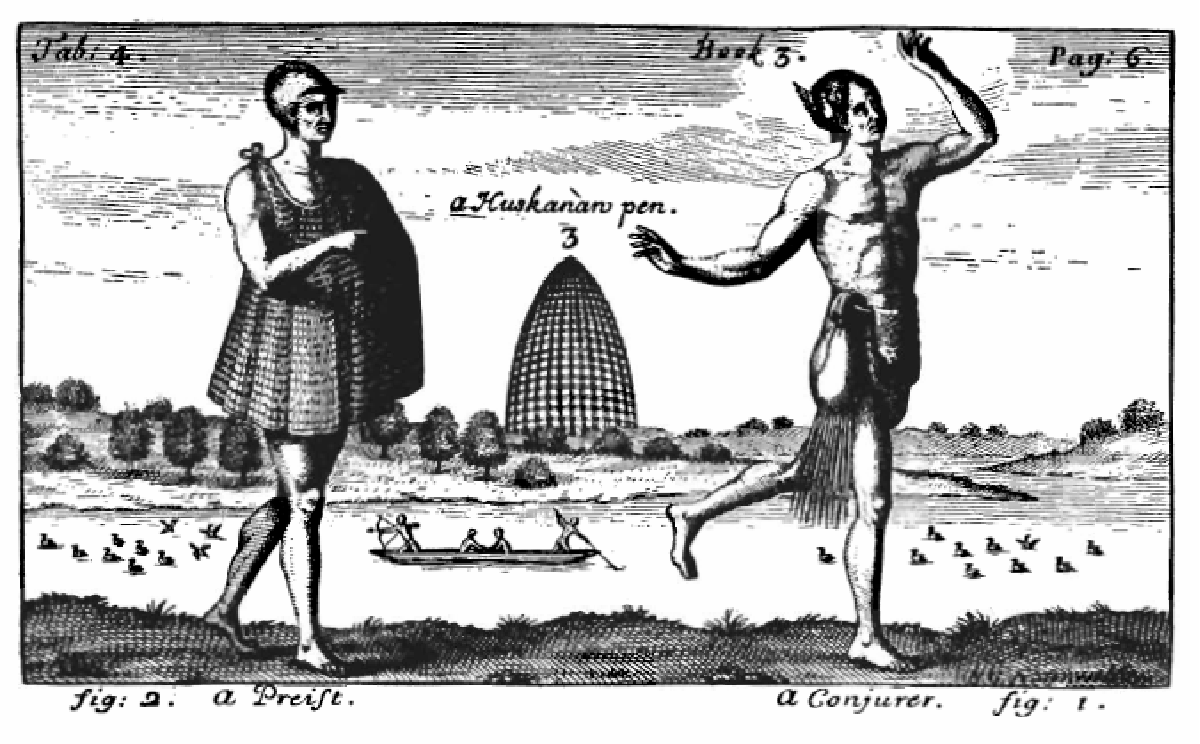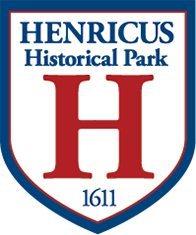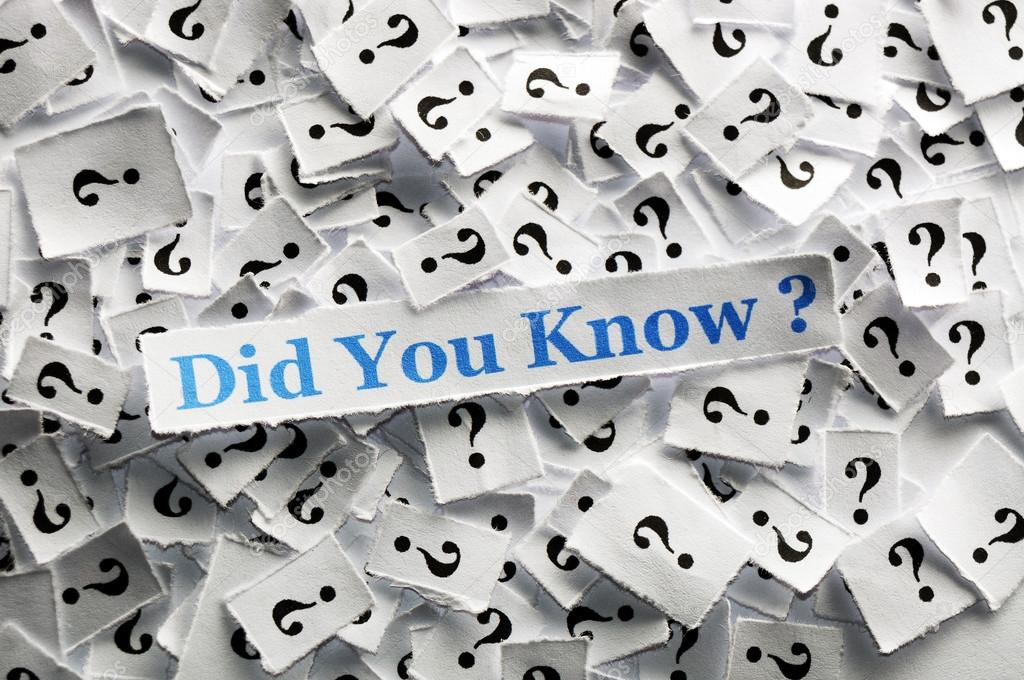
DID YOU KNOW...between the age of 10 and 15, Powhatan boys were expected to pass a trial into manhood called a huskanaw. This several-month ceremony began with a full day of dance and feast involving the entire population, after which the boys were separated from their families and taken into the forest to begin the next step in the process. Robert Beverley described the next phase as “giving them no other sustenance but the infusion…of some poisonous, intoxicating roots (possibly jimsonweed); by virtue of which physic…they became stark, staring mad; in which raving condition, they are kept eighteen or twenty days. During these extremities, they are shut up, night and day, in a strong enclosure…in shape like a sugar loaf.” After completing this huskanaw, the Indian boys had now been ceremonially “killed” and “reborn” as men.


